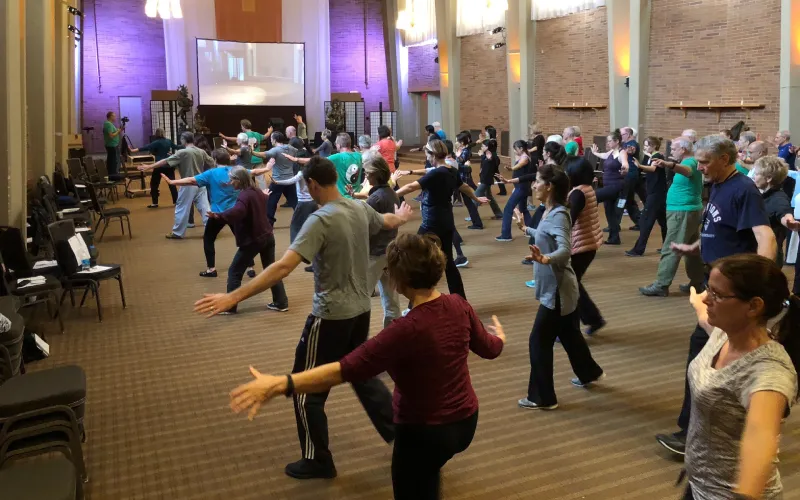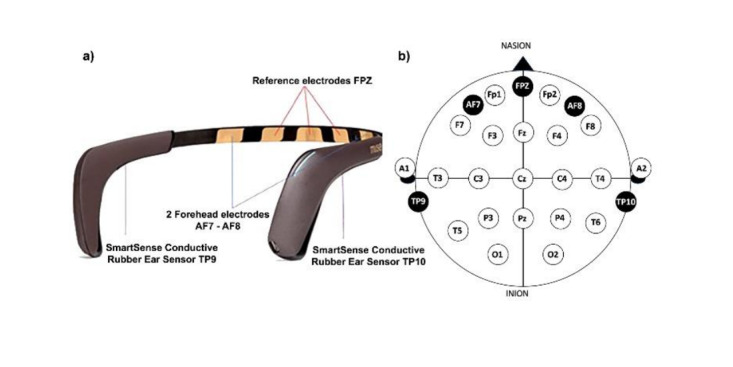![]()
By John M. de Castro, Ph.D.
In today’s Research News article “Associations between psychedelic-related and meditation-related variables: A longitudinal study” (See summary below or view the full text of the study at: https://pmc.ncbi.nlm.nih.gov/articles/PMC11999004/ ) Simonsson and colleagues examined the relationships between the use of psychedelic drugs and mindfulness and meditation practices. They found that psychedelic use was associated with greater mindfulness and loving-kindness or compassion meditation practice and mindfulness was associated with less severe challenging psychedelic experiences.
Psychedelic drug use and meditation practices are positively associated.
CMCS – Center for Mindfulness and Contemplative Studies
This and other Contemplative Studies posts are also available on the Contemplative Studies Blog http://contemplative-studies.org
Study Summary
Simonsson O, Chaturvedi S, Hendricks PS, Stenfors CUD, Osika W, Narayanan J, Palitsky R, Goldberg SB. Associations between psychedelic-related and meditation-related variables: A longitudinal study. J Psychiatr Res. 2025 Apr;184:457-463. doi: 10.1016/j.jpsychires.2025.03.025. Epub 2025 Mar 17. PMID: 40133019; PMCID: PMC11999004.
Abstract
Previous research has investigated associations between psychedelic experiences and meditation practice, but knowledge gaps remain. Using a longitudinal research design with a sample of US residents between 18 and 50 years old (N = 13,012), we investigated associations between psychedelic-related and meditation-related variables. The follow-up survey was completed by 7484 respondents, of whom 336 reported psychedelic use during the two-month study. In covariate-adjusted regression models, psychedelic use was associated with greater increases in the number of days of mindfulness and loving-kindness or compassion meditation practice in the past week, especially among those with no prior experience of psychedelics or meditation. Among those who reported psychedelic use, trait mindfulness and trait self-compassion at baseline were associated with less severe challenging psychedelic experiences, as well as lower odds of psychedelic-occasioned thoughts or attempts of self- or other-harm. However, among those who practiced meditation at baseline, psychedelic use was associated with greater increases in past-week frequency of loving-kindness or compassion meditation-related difficulties and impairments. Future research is warranted.







